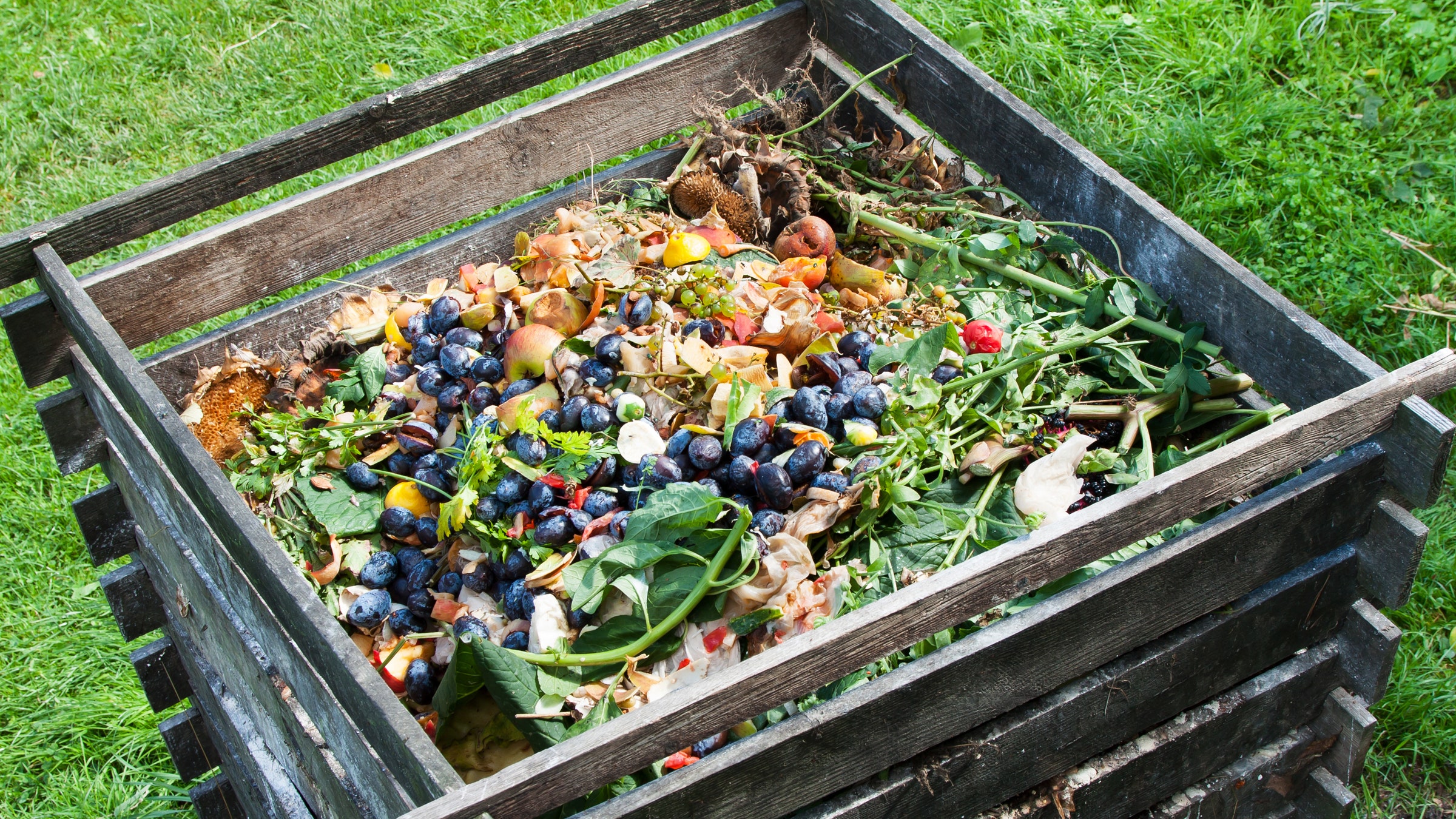A Beginner S Guide To Composting In Your Backyard
Composting is one of the easiest ways to reduce waste at home, while also creating a rich, nutrient-dense soil for your garden. It's a natural process that decomposes organic materials into a substance that can be used to enrich soil and nourish plants. While it may seem intimidating at first, composting is actually quite simple to start and maintain. Here's a guide to help you get started:
How to Compost
The first step in composting is to find a sunny, well-drained area in your yard where you can set up your compost bin or pile. You can purchase a compost bin or build one yourself, using materials like wire mesh, wood, or cinder blocks. Once you have your compost bin or pile ready, you can start adding organic materials to it. These can include:
- Vegetable and fruit peelings
- Eggshells
- Coffee grounds and filters
- Tea bags
- Grass clippings and leaves
- Small twigs and branches
- Newspaper and cardboard
Avoid adding meat, dairy products, or pet waste to your compost bin, as these can attract pests or produce foul odors.
It's important to maintain the right balance of materials in your compost bin or pile. You should aim for a mix of "green" materials, like fresh lawn clippings and vegetable scraps, and "brown" materials, like dried leaves and dead twigs. A ratio of three parts brown to one part green is a good guideline to follow. You should also keep your compost moist, but not too wet, by watering it occasionally with a hose.
Once you have a good mix of organic materials in your compost bin or pile, you can start to turn it regularly using a pitchfork or garden hoe. This helps to aerate the compost and speed up the decomposition process. You should aim to turn your compost every one to two weeks. Over time, your compost will become rich, dark, and crumbly – ready to use in your garden!
Tips & Tricks
If you're new to composting, here are a few tips and tricks to help you get started:
- Start small: You don't need a huge compost pile to get started – a small bin or pile will do just fine.
- Chop it up: Smaller pieces of organic material will decompose more quickly than larger pieces, so chop up your scraps before adding them to your compost bin or pile.
- Layer it up: Alternate layers of green and brown materials in your compost bin or pile to maintain the right balance of organic matter.
- Add some dirt: Adding a bit of soil to your compost bin or pile can help to introduce the beneficial microbes that are necessary for decomposition.
- Keep it covered: Covering your compost bin or pile can help to keep it moist and protect it from the rain.
Frequently Asked Questions
Still have questions about composting? Here are some frequently asked questions:
What can I do with finished compost?
Finished compost can be used to enrich garden soil, as a top-dressing for lawns, or as a potting soil for indoor plants.
How long does it take to make compost?
The time it takes to make compost varies depending on factors like temperature, moisture, and the mix of organic materials. Generally, it takes about 3-6 months to produce usable compost.
Can I compost in the winter?
Yes, you can compost in the winter! However, the composting process may slow down due to colder temperatures.
Will composting attract pests?
If you add meat, dairy, or pet waste to your compost bin or pile, it can attract pests like flies, rodents, or raccoons. Stick to vegetable and fruit scraps, coffee grounds, and other plant-based materials to avoid this problem.
What if my compost smells bad?
If your compost smells bad, it may be too wet or have too much green material. Try adding more brown material, like dried leaves, and turn the compost more frequently.
How can I tell when my compost is ready?
Finished compost will be dark, crumbly, and have a sweet, earthy smell. You should be able to see some recognizable bits of material, like eggshells or bits of leaves, but they should be mostly broken down.
Composting is a great way to reduce your household waste, while also benefiting your garden. With a little bit of effort and know-how, you can turn your kitchen scraps and yard waste into a rich, nutrient-dense soil that will help your plants thrive. Happy composting!


Post a Comment for "A Beginner S Guide To Composting In Your Backyard"